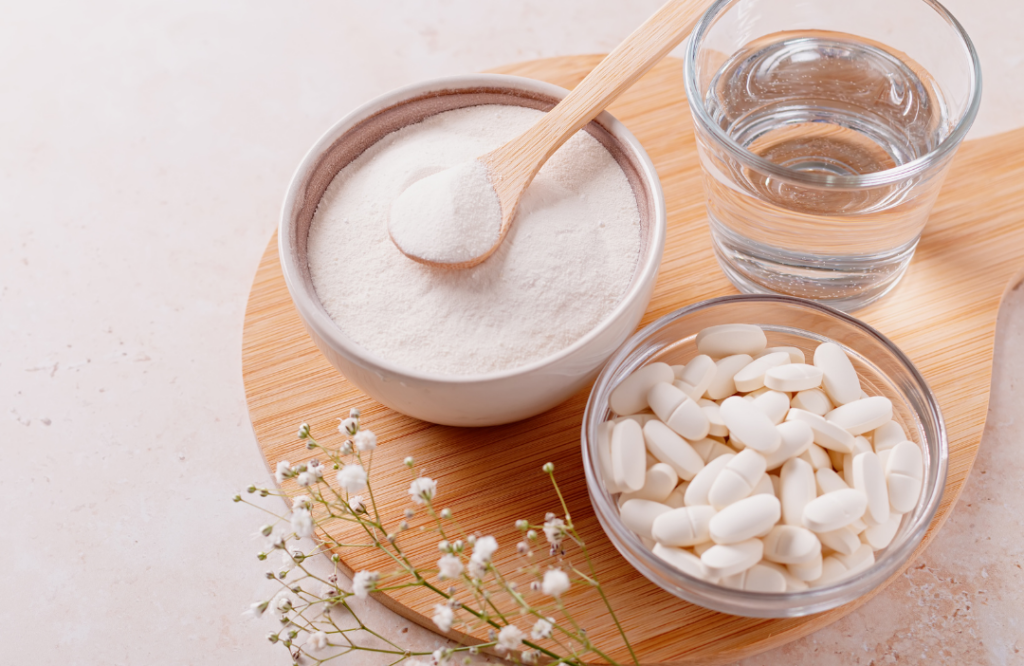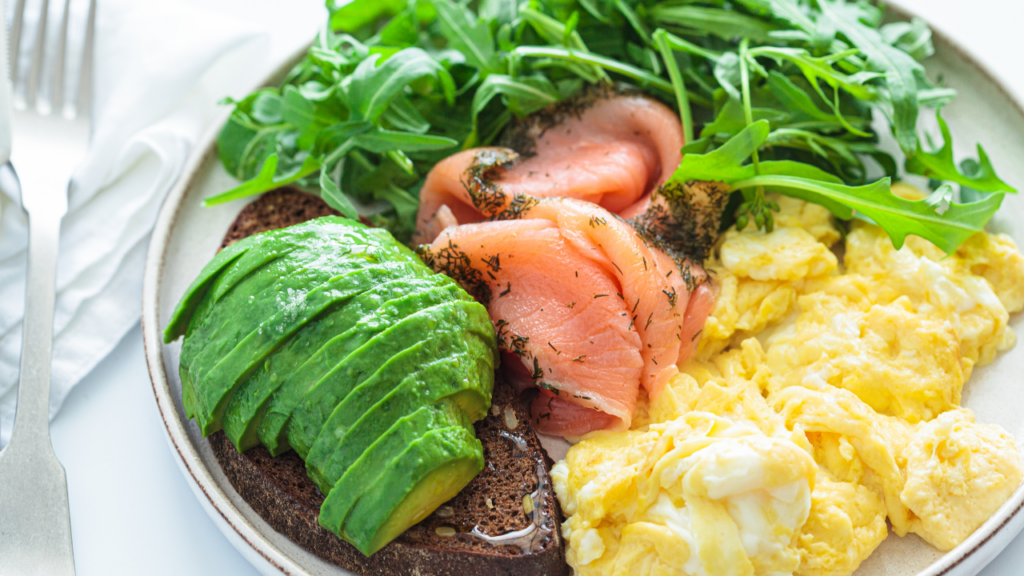Why Mayo is Healthier than Juicing
Published on October 12, 2017 by Dr. Caitlin Gordon
Mayonnaise: Love it or hate it, you probably have an opinion
Mayonnaise, if you were to make it at home, would consist of egg yolks, oil, vinegar, salt, lemon juice, and mustard. That’s it. Let’s break down those ingredients in terms of health. I don’t think anyone is going to put up a fight about vinegar, lemon juice, mustard, or a little salt being a major assault to our health and wellbeing. That leaves us with the egg yolks and oil.
The great egg debate
 Eggs have been vilified and then absolved more than once over the years and the research is still unclear as to the true health effects. Here’s what we do know:
Eggs have been vilified and then absolved more than once over the years and the research is still unclear as to the true health effects. Here’s what we do know:
- Eggs do not cause high cholesterol
- Eggs also do not cause heart disease
- Eating egg yolks will not make you fat
- Eggs are a perfect protein
- Eggs are a great source of selenium, B vitamins, choline, and vitamin D
This last point is particularly important because it can be difficult to get enough of these four nutrients from diet alone. I frequently see deficiencies in these and a diet that includes 1-2 eggs a day goes a long way to helping support these nutritional needs. Selenium, B vitamins, choline, and D all play a large role in cognition and brain function, as well as energy metabolism. I think of eggs as the perfect brain fuel!
But what about the fat?
First, we’ve already addressed the fat in eggs. So the only fat left in mayonnaise is from the oil. There has been much conflicting information over the years as to what kinds of oils are healthy and which are not. I break it all down and explain which oils are healthiest in this illuminating article.
There is mixed evidence as to whether saturated fat is healthy or harmful. There are decent studies that seemingly show both. More recent studies point to saturated fat not contributing to heart disease. People with labwork showing high levels of LDL cholesterol, high triglycerides, and high inflammatory markers commonly share a couple things in common: high intake of sugars, alcohol, or refined carbohydrates or underlying untreated health conditions such as autoimmune disease, gut infections, food allergies, etc. Both situations will lead to lab work that is associated with higher cardiovascular risk.
I believe anytime we get too myopic in our view of nutrition we lose sight of the more important issues. Rather than worrying about grams of saturated fat intake, consider freshness, quality (don’t go for the cheapest when it comes to food), and sourcing of your food as the most important factor. Shop locally, eat seasonally, and choose organic and free-range/pastured/wild caught proteins.
The healthiest mayo options
 There are now commercial mayo options that use avocado oil as their base. This makes commercial options health-conscious and guilt-free! Some brands I love are Sir Kensington’s (the avocado oil version), Chosen Foods Avocado oil Mayo (my Costco carries it), and Primal Kitchen brand*.
There are now commercial mayo options that use avocado oil as their base. This makes commercial options health-conscious and guilt-free! Some brands I love are Sir Kensington’s (the avocado oil version), Chosen Foods Avocado oil Mayo (my Costco carries it), and Primal Kitchen brand*.
Don’t you go running off thinking I’ve just given you permission to order extra mayo on all your sandwiches and go crazy on the Hellman’s. The vast majority of commercial mayo is crap.
Avocado oil is very low in saturated fat and has a great omega 3-6-9 fat profile. This type of fat keeps you full, revs up metabolism, reduces cravings, and helps to balance blood sugar. All things that are good for your health.
Always the best option is to make your own!
*None of these brands are rewarding me for mentioning them.
Why juice is not a health food
Juice, at best (cold-pressed, made from organic veggies, same-day juiced) is full of antioxidants and enzymes, and at worst is glorified soda, filled with liver-toxic fructose. There are tips and tricks for juicing for health and what to beware of in this helpful post all about juice.
Schedule Holistic Health Coaching or Acupuncture
The contents of this site, including text, graphics, images, and other material are for informational purposes only. Nothing contained in this site is or should be considered or used as a substitute for professional medical or mental health advice, diagnosis, or treatment. Please schedule an appointment for personalized health advice.






